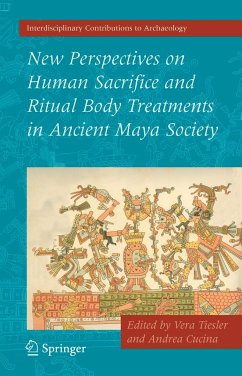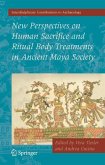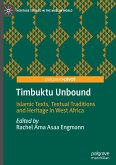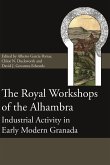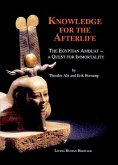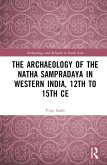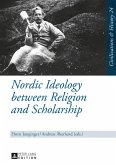The central goal of this book is to contribute to the timely discussion and understanding of Maya sacrifice and related posthumous body manipulation.
Most school children in the US learn about the Maya and their practices based on their cultural and religious beliefs in their Social Studies classes. But a number of new sites have been discovered, giving an interdisciplinary group of researchers a channel to discuss these acts and their meaning.
The editors bring together not only archaeologists but anthropologists, forensic anthropologists, art historians and bioarchaeologists, giving the volume a more complete perspective on these sites and the material culture and biological evidence found there.
The field of archaeology is growing to include the physical remains of ritual practice along with the material remains and this book can be seen as an example of who the study of ancient civilizations can be more comprehensive. Additionally, this is an international volume with scholars from the area studied which is becoming more and more important in archaeological research. This will be of interest to students studying Mayan and Mesoamerican culture as well as those interested in bioarchaeology and human sacrifice.
Most school children in the US learn about the Maya and their practices based on their cultural and religious beliefs in their Social Studies classes. But a number of new sites have been discovered, giving an interdisciplinary group of researchers a channel to discuss these acts and their meaning.
The editors bring together not only archaeologists but anthropologists, forensic anthropologists, art historians and bioarchaeologists, giving the volume a more complete perspective on these sites and the material culture and biological evidence found there.
The field of archaeology is growing to include the physical remains of ritual practice along with the material remains and this book can be seen as an example of who the study of ancient civilizations can be more comprehensive. Additionally, this is an international volume with scholars from the area studied which is becoming more and more important in archaeological research. This will be of interest to students studying Mayan and Mesoamerican culture as well as those interested in bioarchaeology and human sacrifice.

